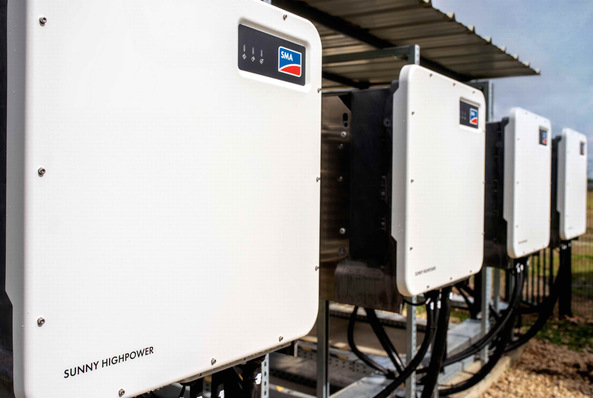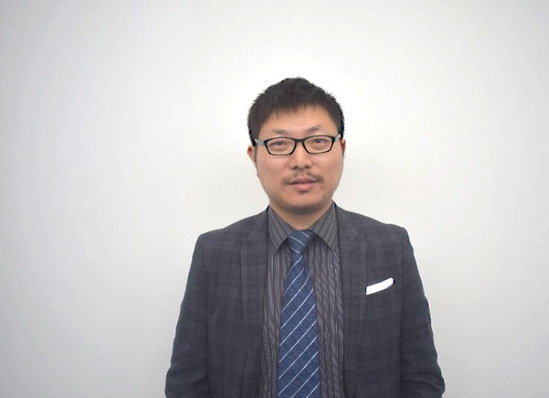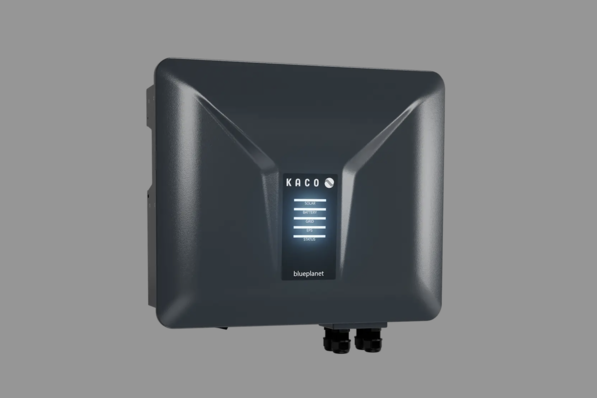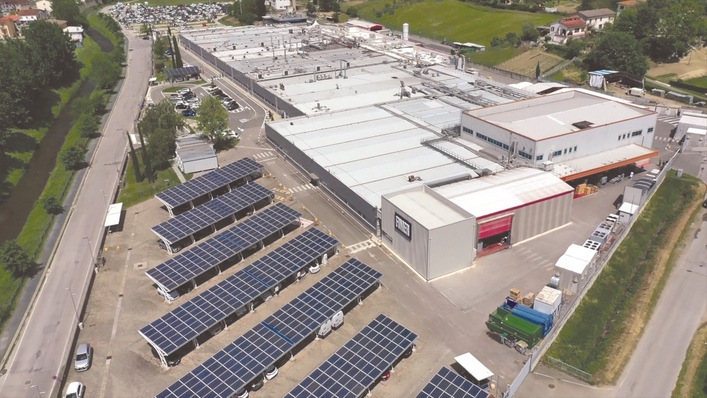In a step towards greater sustainability transparency, SMA has commissioned a life cycle assessment (LCA) of its Sunny Central UP central inverter, carried out by experts from the Fraunhofer Institute for Building Physics. Following rigorous, internationally recognised methods, the assessment evaluates the inverter’s environmental performance from raw material extraction to disposal. Independent certification was provided by DEKRA Assurance Services GmbH.
See also: SMA Altenso celebrates ten years of renewable energy projects
Enhancing sustainable design across SMA products
According to Anna-Lisa Sas, Sustainability Engineer at SMA, the LCA helps SMA offer scientifically validated data on the Sunny Central UP’s environmental footprint. By conducting an independent LCA for this central inverter, SMA can also benchmark the results against its PEAK3 string inverter, allowing them to improve sustainability across their entire product line.
Inverter pays back its carbon footprint within 1.4 years
The LCA examined 16 environmental impact categories, including climate change, revealing key insights into the Sunny Central UP’s carbon footprint. SMA’s calculations suggest that the inverter achieves a CO₂ payback period between 1.2 and 1.6 years, depending on deployment conditions. After this period, the inverter offsets its production-related emissions, contributing to CO₂ savings throughout the remaining lifespan of around 20 years.
Also interesting: A modular powerhouse for large-scale energy projects
White paper outlines key findings
To enhance transparency, SMA has published a white paper summarising the LCA’s findings, which is available on their sustainability website. The assessment complies with ISO 14040 and 14044 standards, ensuring a thorough evaluation of the Sunny Central UP’s environmental impact over its full life cycle. This LCA exemplifies SMA's commitment to sustainable development in solar technology. (mfo)








